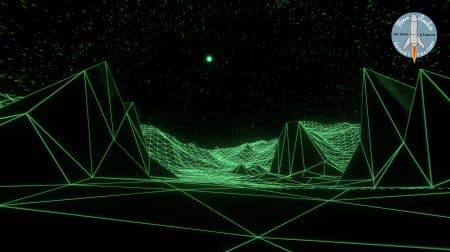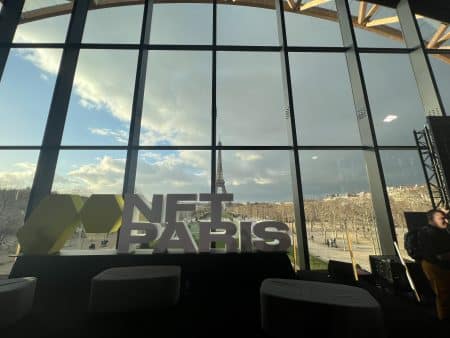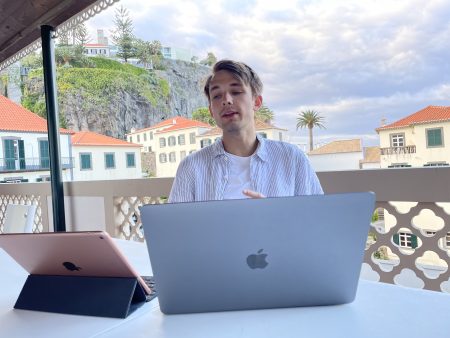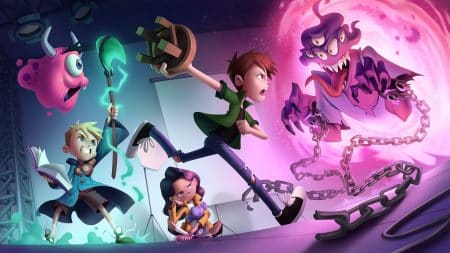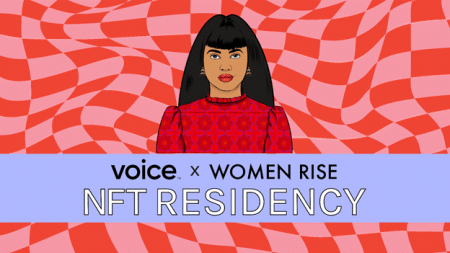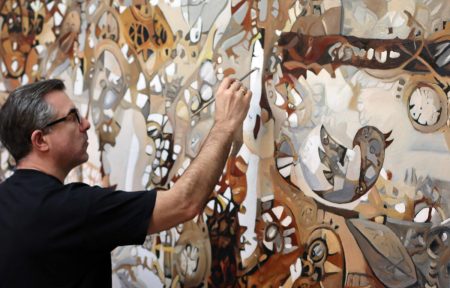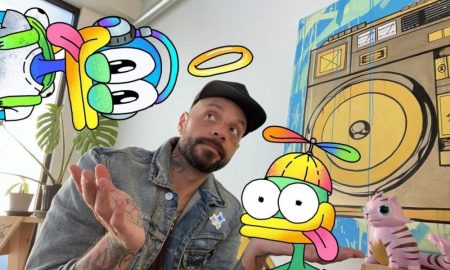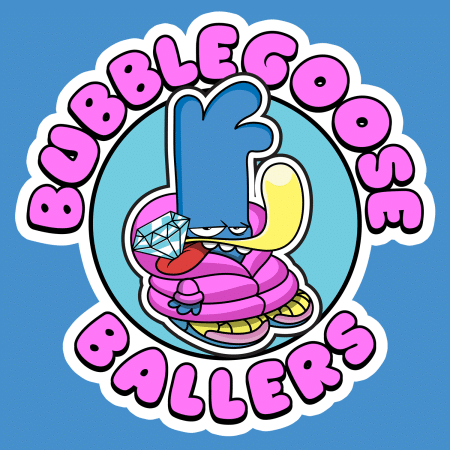The limited-edition marketplace One of None, led by former NFL quarterback DeShone Kizer, is making waves for its innovative approaches to bridging web2 and web3. In June, One of None made headlines after taking the Soho streets by storm during NFT.NYC. There, the company showed how making web3 accessible can actually encourage more people to participate in the space.
NFTevening discussed this innovative marketplace with DeShone Kizer. During the conversation, we uncovered how limited edition NFTs can be maximised on the secondary market, and be used to build a valuable relationship between collector and creator.
Quotes are condensed and edited for clarity.

Who is Deshone Kizer?
DeShone Kizer is inextricably linked to American football. After playing college football at Notre Dame, he began his NFL career with the Cleveland Browns, followed by stints with the Packers, Raiders, and the Titans. Like everyone else in the world, the COVID-19 lockdowns forced DeShone to take a look at where he’s at in life and envision a life outside of football.
“When quarantine hit and COVID happened, I decided to kind of take a peek at myself, and where I was at my career, and see if there’s anything that I could do during that time to better myself,” he said.
During this time, DeShone had the idea of helping creators maximize the lifetime value of their limited editions. After coming across web3 through NBA Top Shot, he realised that web3 technology can transform his idea into reality. According to him, it is “really the best way to bring ownership back to the collector.”
“What web3 is able to do is allow for creators to not only maximize from every resale transaction but also maintain that relationship between the collector and the secondary market, the same way that they have in the primary market,” he explained.
The beginnings of One of None
So why did DeShone Kizer opt for a marketplace that focuses on fashion, culture and art, rather than something more sports-related? According to DeShone, “the only really limited edition space that has been developed for athletes is the trading card space. And, quite frankly, at the time, and still now that that’s that space is really oversaturated.”
His passion for helping creators connect to quality, lifetime customers developed due to the conversations he had with artists and creators in Los Angeles. This inspired the hybrid web2- web3 model of One Of None, which focuses on giving creators access to secondary markets.
“If we’re going to introduce this hybrid model in the world, we should do it with the people who are obviously going to benefit from it the most and who are going to be having the most passion for it,” DeShone said. As for the collectors in these sectors, they understand that art is an asset. It was therefore a case of educating them to understand that the digital can also be an asset with enormous value.
How do DeShone Kizer and his team decide who to collaborate with?
Finding a digital collectible that resonates with the audience is another matter. For this reason, DeShone Kizer and his team focus on the story when deciding which brand or artist they should collaborate with next.
“Our first two or three calls with the artists and brands are just getting their story of what has gotten them to the point where they’re at now. And then after going back and forth, there’s typically that time in the conversation where you’re like – wow, that’s it! That’s the story that you can share that collectors will be attracted to, and ultimately will create that value,” explained DeShone.
After all, having a solid story that the target audience connects with helps the digital asset get past the initial sale and into the secondary market. From then on, One of None allows the creator to have access to their collectors in the secondary market and build a relationship with them. Through the NFT, creators can track who bought the collectible on the secondary market and open up their work and community to a larger pool of people.
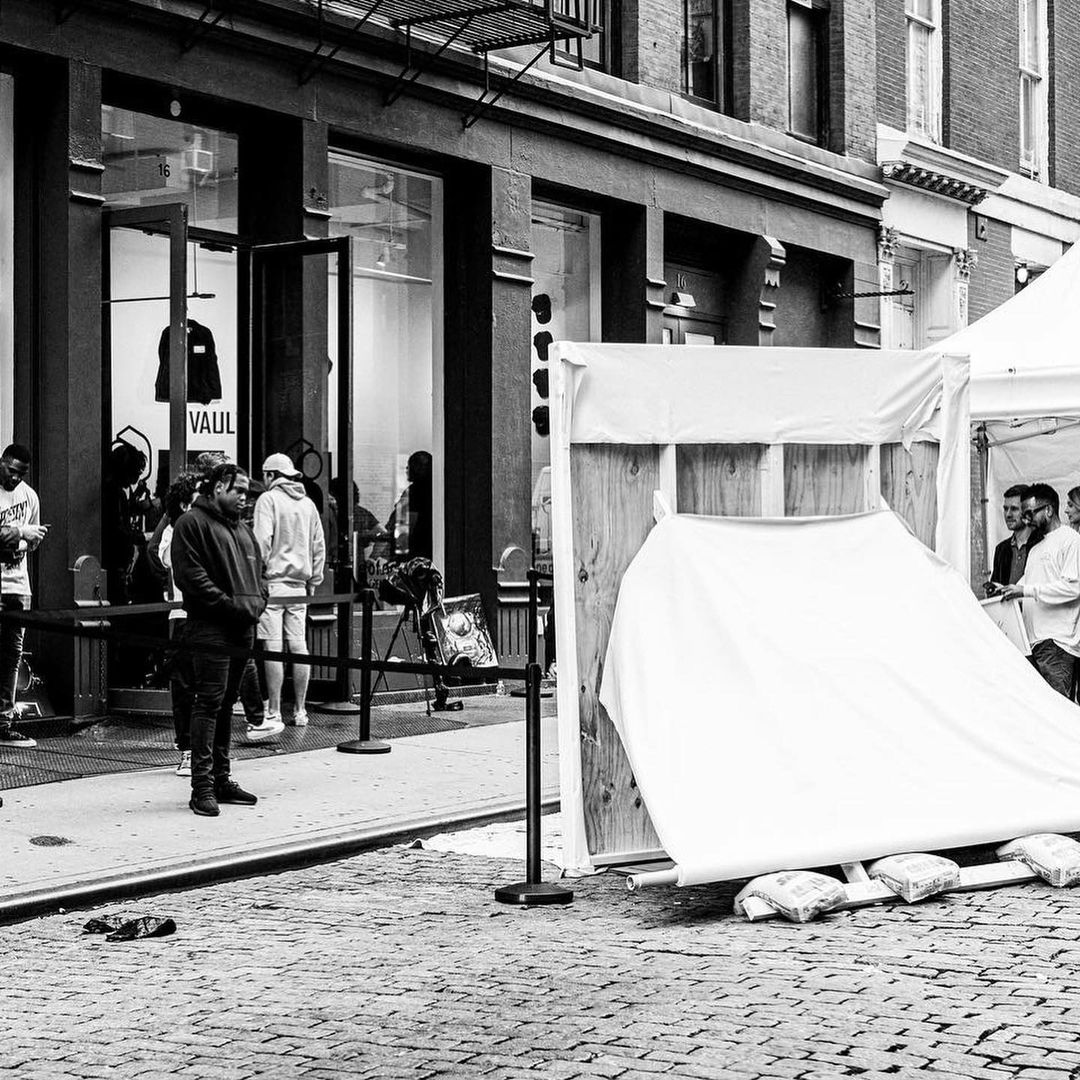
A focus on community
In addition, the Vault Club, creators and collectors alike can interact with One of None’s community and shape the future of One of None. By having a community of collectors interact with the team and the creators, they help determine what the next products should be.
As DeShone Kizer puts it: “It becomes an easy communication line directly from our collectors to our creators, and then also from our creators back [to our collectors]. And I think that that transparent conversation will always allow our platform that lives in between there to always be forward thinking and have the best products available for those collectors to invest in.”
One of None’s event at NFT.NYC was undoubtedly the culmination of the team’s hard work to transform the Vault Club into what it is today. The NFT.NYC takeover saw One of None close off New York’s Crosby Street. During the takeover, the company debuted a line of grailed goods and celebrated its work with the community.
However, the biggest success of this event was the fact that it helped build a bridge between web3 enthusiasts and the general public. “A big goal of ours is to help bridge more offline collectors, physical collectors into the space. And for us, that event really was our way to show our community. It showed that the way we look at web three is really from a conventional and approachable lens,” he explained.
He continued, “To have physical art right next to the digital counterpart on the walls really shows you the relationship between the physical and digital piece. I really thought that that was our coming out party to really show the type of community that we’re building.”
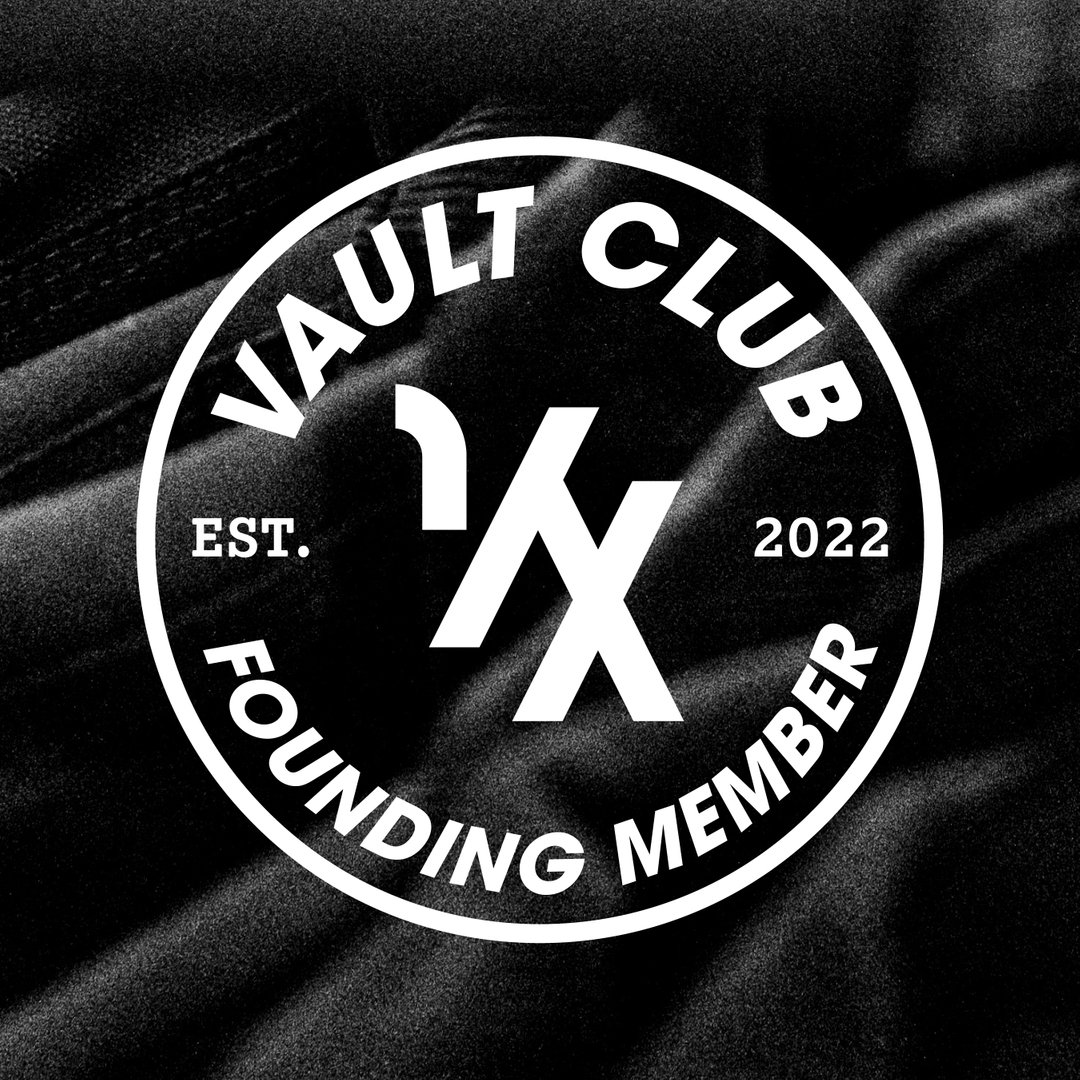
An accessible phygital model for web3 and web2 natives alike
Liquidity is another element that makes the One of None attractive to collectors. Through the platform, collectors can switch freely between the physical and digital forms of their collectibles. “If we act as the vault and we have that physical good, that’s, you know, stored and saved,” said DeShone.
Unquestionably, most companies are kick-starting their journey into the metaverse. Therefore, DeShone believes that more and more people will want a platform that facilitates the transition from a physical good to a digital collectible. “Our goal at One of None is to be that “brain” and experience knowing that there are many ways to take a product I may have bought three or four years ago and create a digital copy and wear it in the metaverse.”
DeShone Kizer’s vision to build One of None into a web3 “brain” extends beyond the platform itself. In addition to further collaborations with other creators, DeShone envisions One of None as a Software as a Service leader. Instead of being this exclusive marketplace that forces creators to drop only with One of None, DeShone wants to develop the technology so that galleries, portals, artists and brands can integrate it into their own platforms.
Undoubtedly, DeShone Kizer’s One of None is a solid example of the web3 values of decentralization and community. After all, according to DeShone, “the number one way to combat the volatility that we’ve seen in the market is to bring more users in. I think we can really imperative now during the bear market to make sure that there is an approachable way to get into the space.”
All investment/financial opinions expressed by NFTevening.com are not recommendations.
This article is educational material.
As always, make your own research prior to making any kind of investment.

